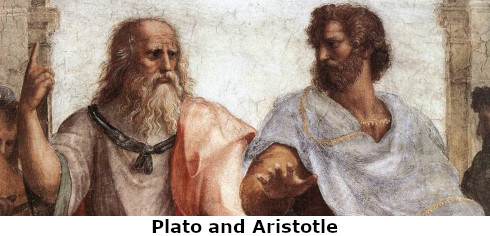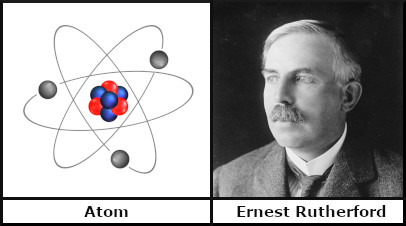The Royal Toast Master? Supporters of U.S. President George Washington? William Makepeace Thackeray? Francis Bacon? Randall Munroe? An Anonymous Wit?

Question for Quote Investigator: A brilliant toast uses antimetabole and a pun. Here are two versions:
- Champagne to our real friends, and real pain to our sham friends.
- Pain to our sham friends, and Champagne to our real friends.
Would you please explore the provenance of this expression?
Reply from Quote Investigator: The earliest match known to QI appeared in a 1791 collection titled “The Royal Toast Master: Containing Many Thousands of the Best Toasts Old and New” published in London. The following four examples occurred on the same page. Emphasis added to excerpts by QI:1
- Mirth, wine, and love.
- Beauty without affectation, and merit without conceit.
- Champaign to our real friends, and real pain to our sham ones.
- From discord may harmony rise.
QI believes that it was unlikely that the compiler of “The Royal Toast Master” crafted the statement under examination; hence, it was probably already in circulation in 1791. The compilation was a second edition, so the toast may have appeared in the first edition which QI has not yet seen. In addition, it was retained in the third edition.2
Below are additional selected citations in chronological order.
Continue reading “Quote Origin: Champagne To Our Real Friends, and Real Pain To Our Sham Friends”







